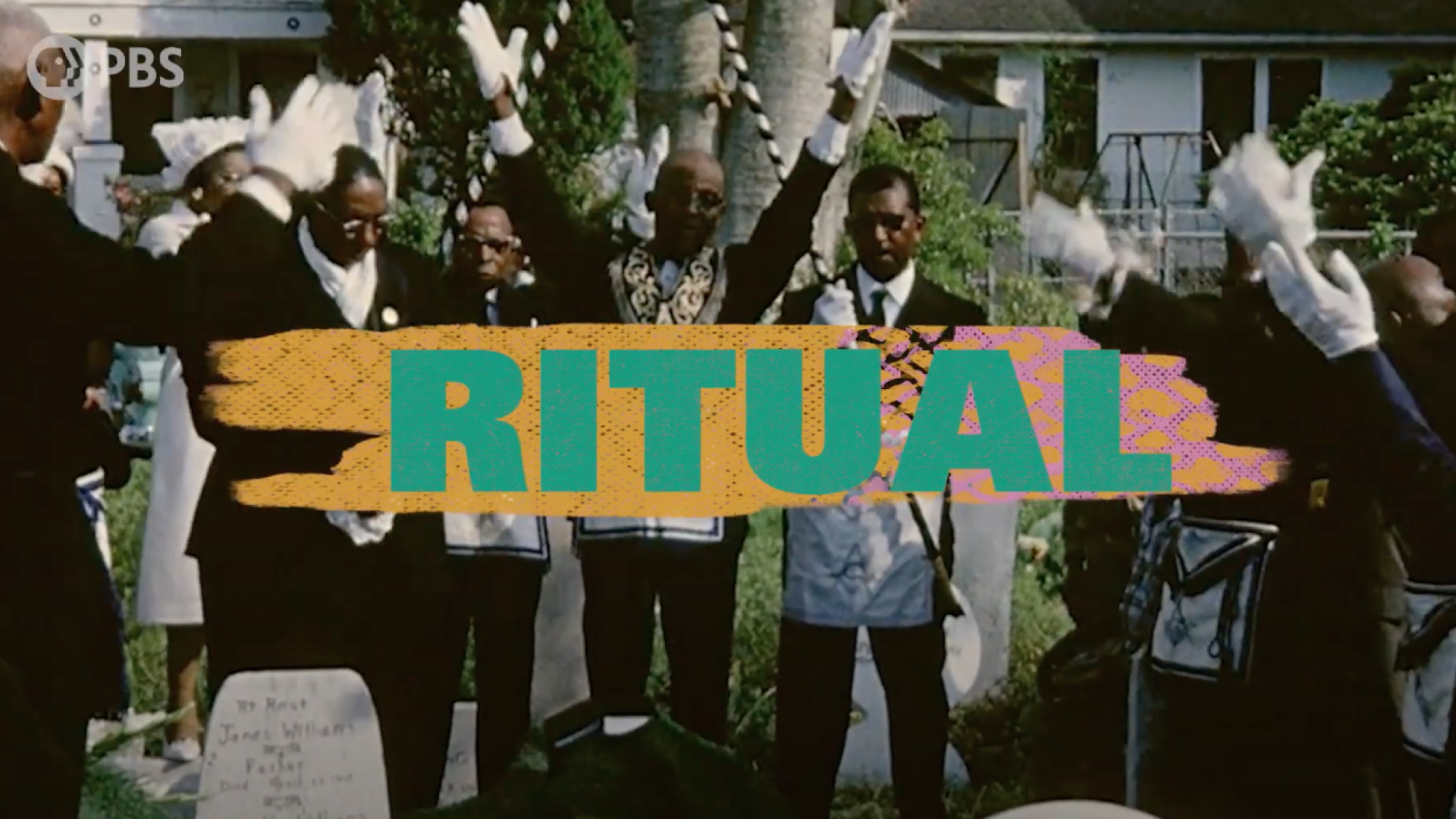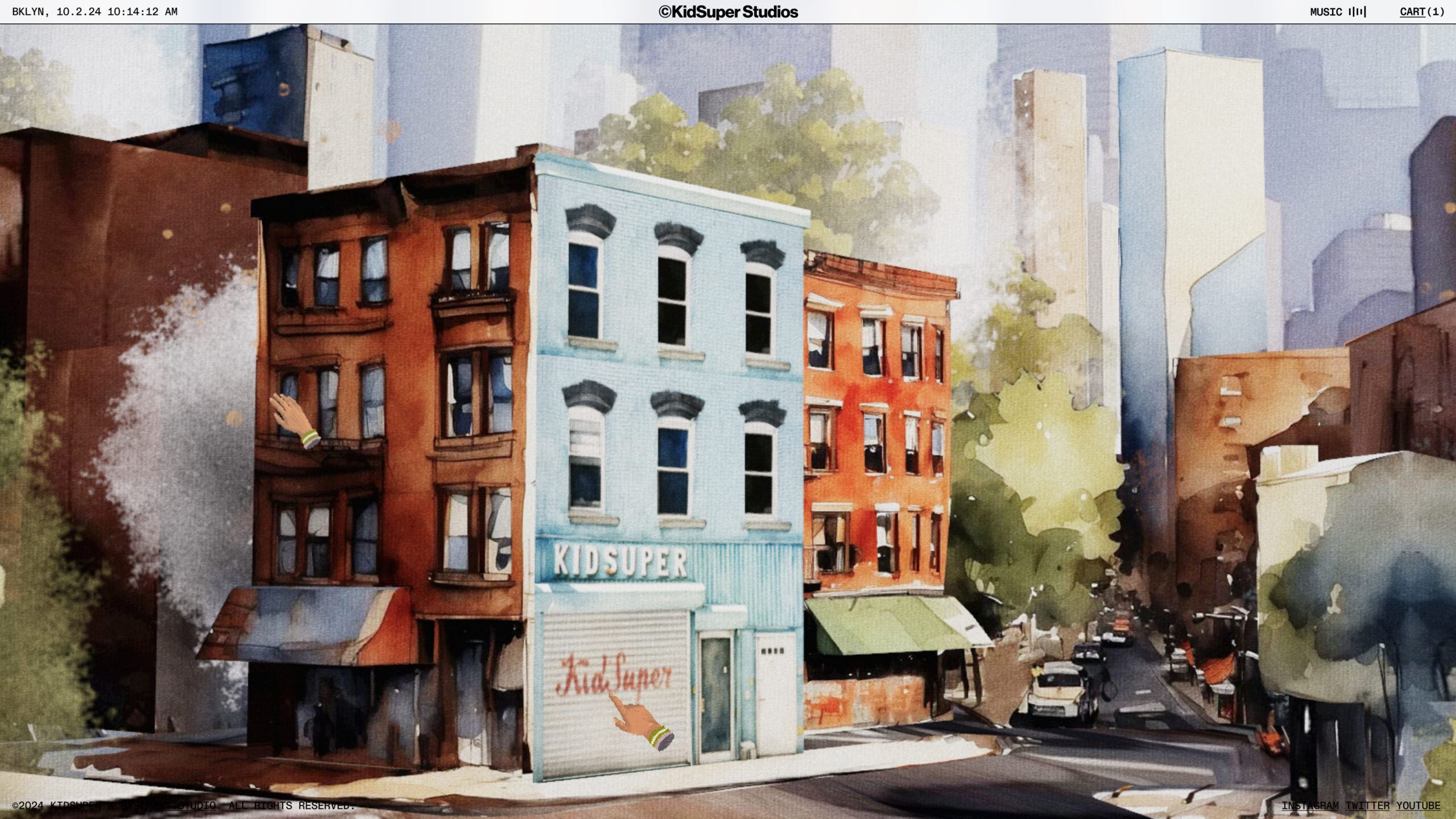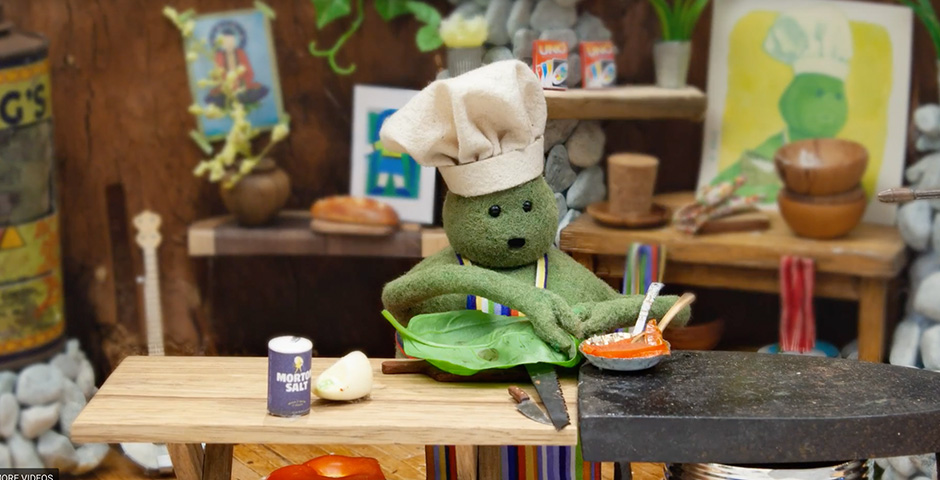How do you share information in countries with some of the most restrictive censorship laws in the world? The answer: Minecraft and blockchain. Read on to find out how 2021 Webby Winner MediaMonks is promoting journalism and free speech around the world with the creative e-activism of The Uncensored Library.
Working in concert with Reporters Without Borders, the main agency DDB Berlin, and BlockWorks, MediaMonks found that one of the best ways to share and access censored work was to republish content in books accessible through in-game libraries in Minecraft. The libraries are downloaded with blockchain technology and hosted in-game by each user, making the libraries quick to propagate and impossible to shut down. So far, works in the Uncensored Library have reached more than 25 million gamers from 165 countries, including seven countries with some of the lowest rates of press freedom in the world. MediaMonks won a 2021 Webby Award in Games for Public Service, Activism, and Social Impact for their work in building this library.
We spoke to Tobias Natterer, Senior Copywriter at DDB Berlin and one of the lead creative on the project, about how the organization facilitated more than 17 years of in-game access to these virtual books, ensuring that valuable voices and reporting don’t go unheard.
What was the moment that inspired your team to use Minecraft as a way to combat press censorship?
We have been working with Reporters Without Borders (RSF) for a while now. When they challenged us to come up with an idea to reach young people, we started to research ways to do so. We went into research and the idea came to life when we discovered that computer games more and more have the characteristics of social media platforms where people meet and interact and not just play a game. In oppressive countries that increasingly restrict the rights of their citizens, especially young people tend to flee into games that still provide freedom in virtual worlds. Minecraft then was selected because of its large player base and the ability to write books inside the game. The idea then kept growing when we sat together with MediaMonks and BlockWorks to give it a great production value.
How did you select the countries and journalists to include in the library?
The countries featured in the library were picked by comparing RSF’s “World Press Freedom Index” with Google data showing “Minecraft interest by country”. Accordingly, journalists from countries with poor press freedom rating but high Minecraft interest were chosen and contacted by RSF and their censored work got republished in Minecraft books.
Today the library includes seven countries (Mexico, Russia, Egypt, Vietnam, Saudi Arabia, Belarus, Brazil) and Eritrea will be added soon. During the pandemic, a Corona room was added to provide uncensored information about the pandemic from ten different countries. In the large dome of the library another 180 countries are featured with an article highlighting the current press freedom situation in each country according to RSF’s Press Freedom Index. The Uncensored Library is featuring uncensored articles from around 20 journalists.
What were some of the challenges your team overcame while creating The Uncensored Library?
A challenge was to upload large quantities of books. So, we programmed a plugin allowing us to transform word documents into Minecraft books within seconds. One week before the launch we discovered Minecraft books cannot display Arabic script correctly since the mono space font distorts the reading flow. We found a work around with Minecraft record players and music discs – by hacking them we included audio books in the game.
And about the biggest challenge was to get young people interested in a political topic in the first place. We really had to make sure to build the library impressive enough for a demanding gaming community to recognize it.
What impact has The Uncensored Library had on the public?
The Uncensored Library reached more than 25 million gamers from 165 countries, many of them suffering under censorship (including all target countries). They spend countless hours inside the library reading books with independent journalism and the total play time added up to more than 17 years.
Big gaming influencers like CaptainSparklez talked about it and the community created more than 450 YouTube videos about the project – and what governments tried to hide suddenly was a trending topic.
But the library went beyond the game: resulting in more than 850 news articles (total media reach 2.7B) – all with a media budget of €0. Donations for RSF increased significantly by 62%, helping them to extend their global fight for press freedom. The library even became a teaching tool in many schools and universities and the Design Museum in London made it a permanent part of their exhibition.
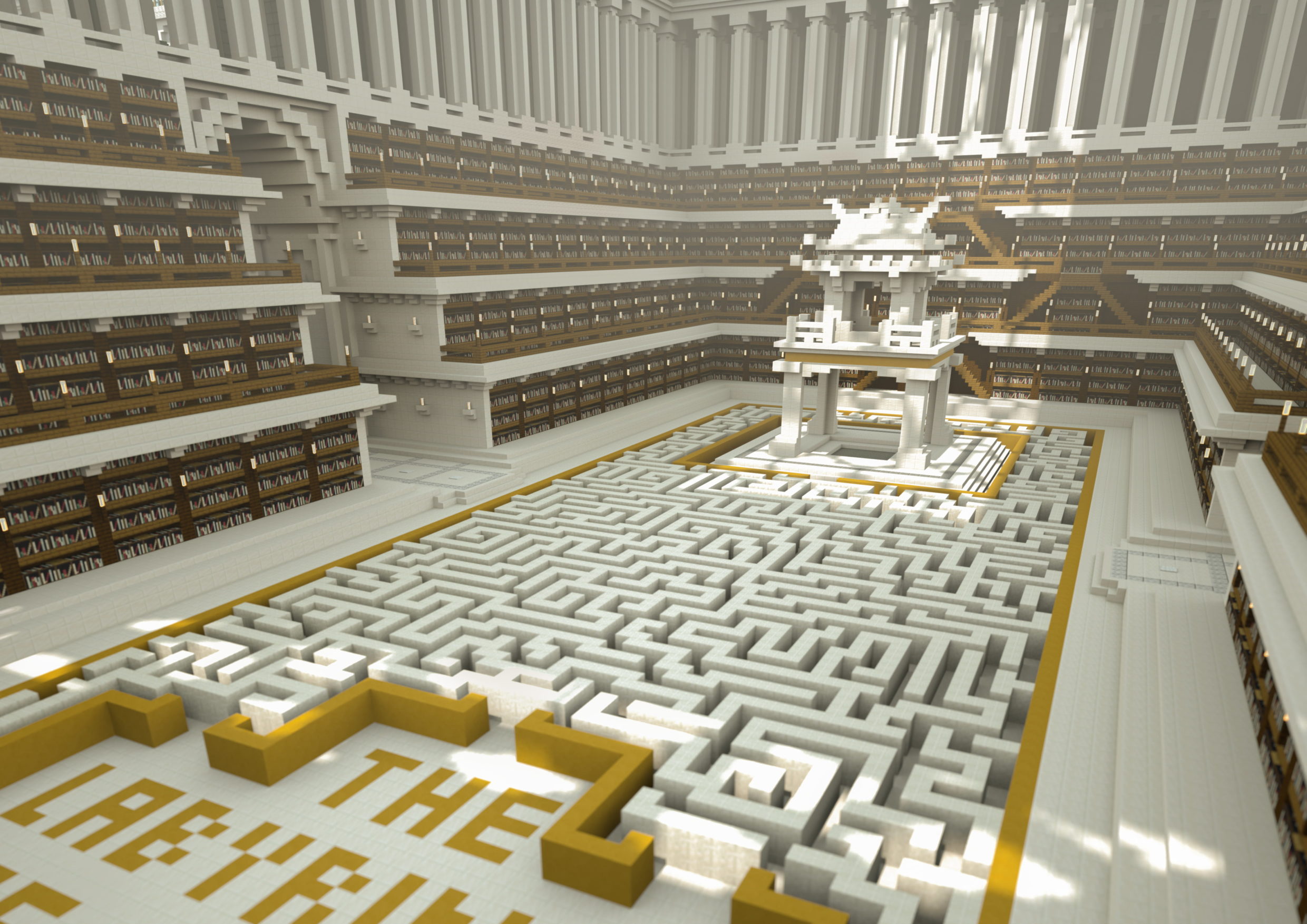
The Uncensored Library, by MediaMonks, DDB Berlin, Block Works and Reporters Without Borders.
Are there protections put in place through Minecraft to ensure that these works can’t be taken down?
On the website the library map can be downloaded “censorship-protected” by blockchain technology. Every download map can then be hosted inside the game again – allowing the library to multiply fast and making it impossible to censor. At this moment we’re at +300K downloads and counting.
How do you see this initiative to combat censorship through digital spaces continuing to evolve?
As press censorship keeps existing in the world, RSF will continue their fight for free and independent journalism. We will definitely try to help them and keep on searching for new creative ways to bypass censorship. But we also see our work as an inspiration and would like to invite everyone else to join the fight for press freedom by themselves or in collaboration.

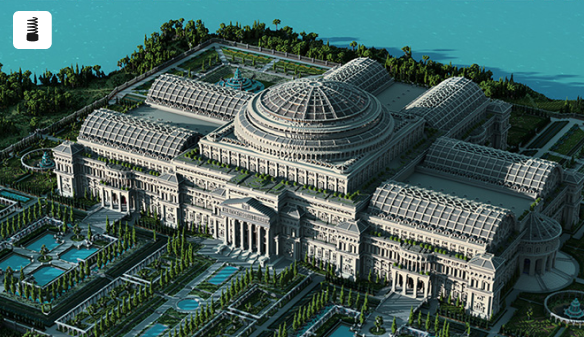


 Twitter
Twitter
